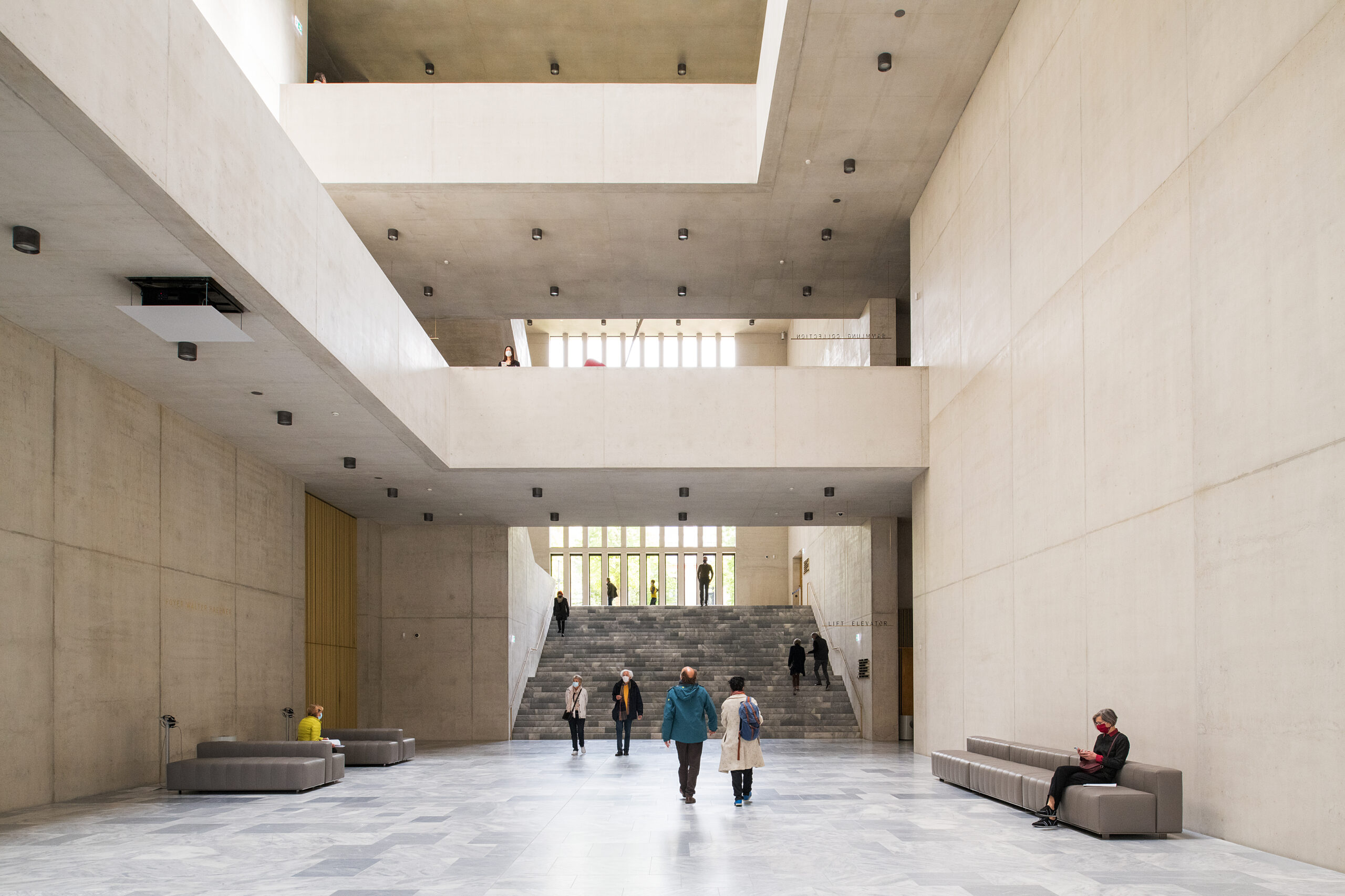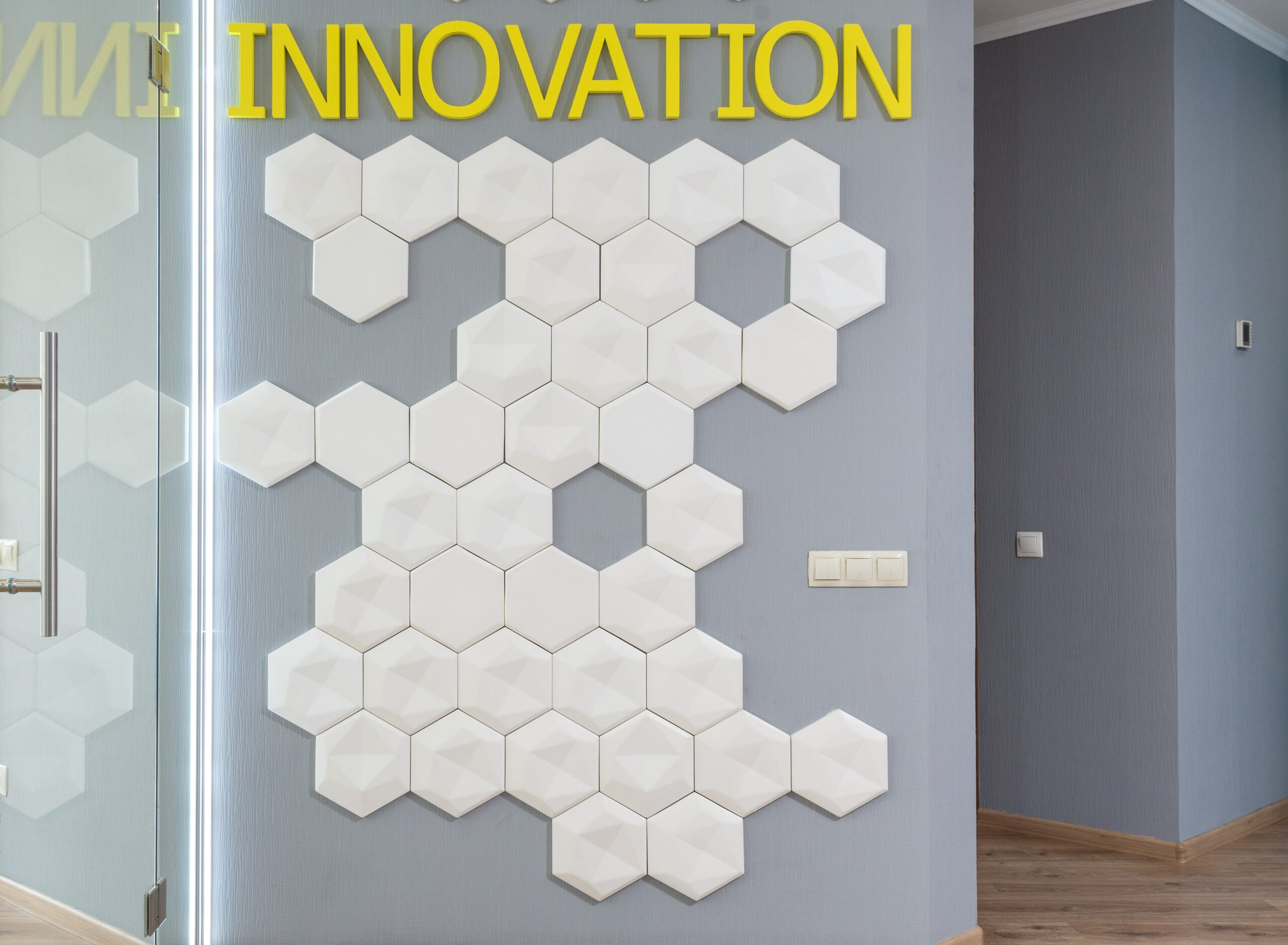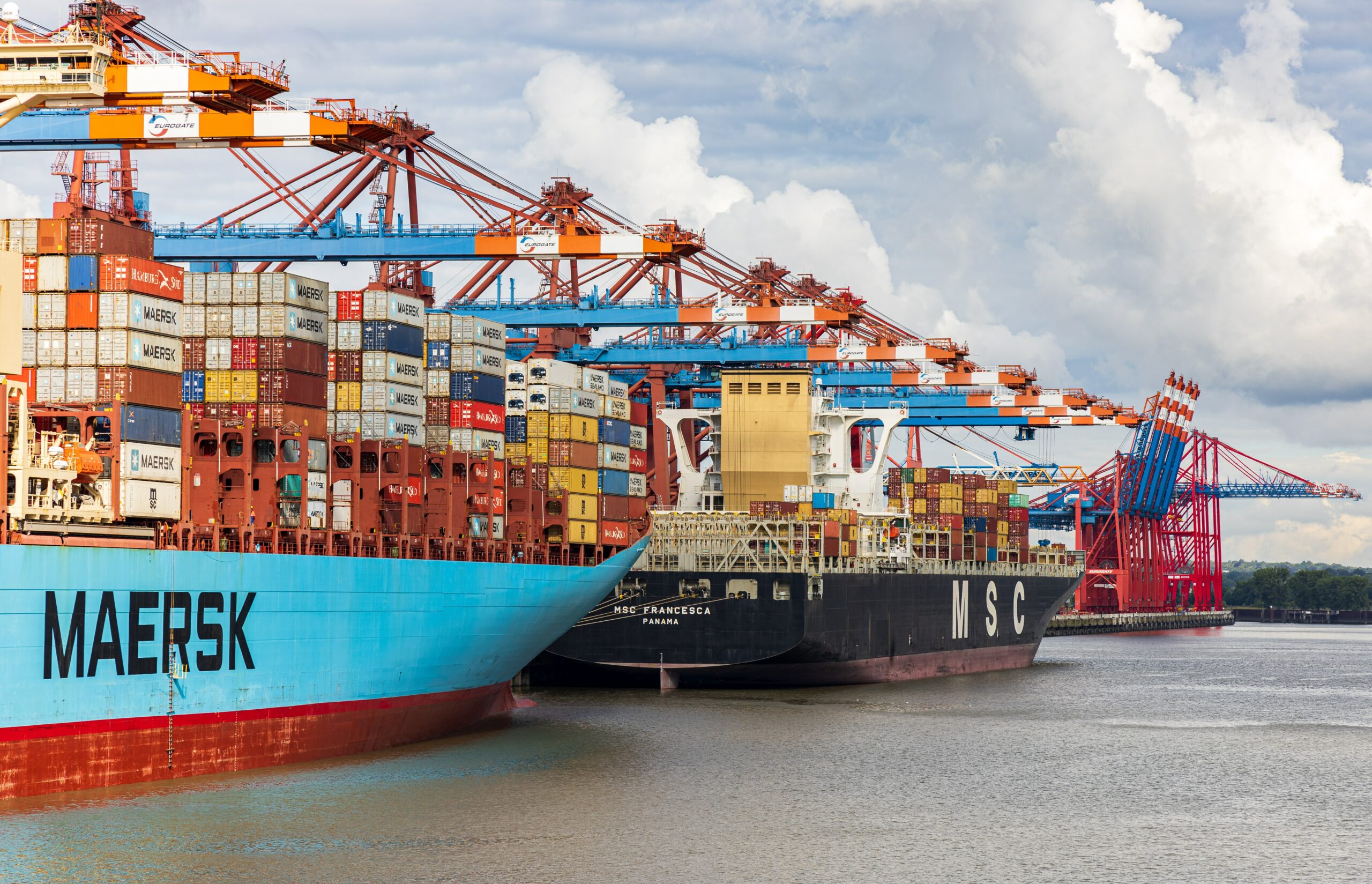In his interview Michael Müller is talking about the future of logistics in times of digitization, advices he would give young entrepreneurs and the importance of sustainability. He also explains the role of sports in his life and what he could learn from it regarding his career.
For some people becoming an entrepreneur is the ticket to freedom: Freedom to make your own decisions, freedom to decide when you work, and freedom to be your own boss. However, for many people becoming an entrepreneur can be a big risk too. In 1991 when you founded your company „Lila Logistik“ what made you decide to take this big step?
At the age of 13 I was already able to gain my first experience in the logistics industry. My father was back then the director of a Swedish company forwarding agency and I had the opportunity to work there sometimes after school to supplement my pocket money. This gave me an early insight into the industry and I was able to follow the development over the years and learned my lessons from it. After the typical way via A-levels, an apprenticeship as forwarding merchant and my study of business administration, I wanted to start with new ideas, go my own way and take my future into my own hands. When I started as a freelancer at the age of 25, with no family yet and no financial obligations, the world was waiting for me to conquer, so to speak. Very early it was clear to me that I did not want to be a classic transport company, but rather to discuss solutions and potential with customers instead of negotiating transport prices. Then as now, the goal was to use new conceptual solutions as door openers to gain access to my customers.
What advice would you give to aspiring entrepeneurs or your younger self in 1991?
If you have an idea, you should follow it when the opportunity arises and not be led astray at the first headwind. Nowadays it is important to think laterally and in a new way in order to be able to offer new solutions to the customers and to be one step ahead of the competition. It is always good to get in personal contact with people, to exchange ideas with experienced people but also to always have your own opinion. In this way, you constantly receive new input on the one hand and on the other hand you can develop yourself further.
There are of course also mistakes that you should not make as an entrepreneur. So I think that you should never throw cultural and core elements overboard, but always preserve and protect certain things. In our case for example, this is our brand colour (= lila) purple and the philosophy behind it.
Your aim was to found a logistics company of the future, and in retrospect you succeeded. From todays perspective, how do you assess the future of the logistics industry? What changes can companies like „Lila Logistik“ expect?
Regarding the economic development of the logistics sector, the prospects of clients in industry and trade are decisive. In logistics, new business models can be expected to reach consumers – collaboration is a keyword here. In addition, the existing business models will be further developed. Digitization will certainly provide new opportunities to leverage efficiency potential in the future. One point will be artificial intelligence. It has great potential to make a difference in the logistics industry. It could provide logistics companies with reliable data more quickly, make their processes more efficient and thus better optimise their customers‘ supply chains. To prepare ourselves for the future, we have rolled out a strategy process internally as early as 2016. To do this, we looked back over the past 10 years, looked the same time into the future and then thought about what should be preserved and what we should change. On our way into the future, we want to keep looking left and right, but remain true to our core business. This means that we are constantly developing and, in addition to consulting and conception, we also take on implementation, which includes not only transport, but also order picking, pre-assembly and other value-added services, which we summarise under the term Value Added Services. In doing so, we aim to translate the customer’s questions into solutions and to constantly reflect and develop the concepts in times of constant change.
Thinking about the future of economy one of the main buzzwords are digitalization, artificial intelligence and “Internet of Things” (IoT), which will lead to massive changes in many economical branches. How do you evaluate the influence of these developments on the logistic sector? Which opportunities and threats is “Lila Logistik” facing?
Digitization will change a lot, both on our operational level and on our consulting side, as well as across the entire logistics industry. However, I would point out that the business models within the industry will remain the same. Supply chains continue to grow together into networks. However, certain specializations in the IT sector require much more know-how than before. That’s why we are currently focusing on administrative factors with the aim of monitoring and controlling the growing flow of information in the supply chain. The truth is certainly in between the analogue and the digital world and is nourished by both aspects and in the end hopefully common sense will play a role.
All in all, the forthcoming changes brought about by digitization do not pose a threat to us. Rather, it offers us another instrument for our „logistics orchestra“ and it will provide further opportunities for cooperation.
Logistics companies are generally very dependent on economic cycles. The coronary virus has a dampening effect on the international economy. How does “Lila Logistik” deal with such a problem?
After two successful financial crises, this is the third crisis for us – but this time with completely different dimensions. This time all social classes, industries, old and young are affected by this global crisis. We at LILA follow the guidelines issued by the authorities and take all necessary precautions to protect ourselves, our employees and business partners. Of course, in the end we are also dependent on the production volume of our customers. If our customers stop production, then our operations will also come to a standstill. However, we are well positioned due to our broad positioning and are therefore not dependent on individual industries. In times of the corona virus, for example, when the automotive industry is temporarily at a standstill, we at LILA can continue to maintain the supply chain for our customers in the medical technology or food industry.
You are known as a passionate sportsman. How do you manage to include sports regularly in your busy everyday life and how does your activity influence your creativity as well as your job-related endurance?
As it is generally known, sport is a great way to balance out everyday working life and helps to clear your head. It gives me a lot of energy and also creates space for new thoughts and ideas. In addition, for me an improvement in physical performance goes hand in hand with an improvement in mental performance. The human body feels most comfortable when it is supported and is then able to achieve top performance – both in sports and at work.
Success in sports often depends on team work, discipline, stamina and of course passion. Those values can also be transferred to the world of economy. In your experience, which “lesson” taught by sports was the most valuable to your business?
One of the core elements that I have been taught through sport is the following sentence: „You win as a team and you lose as a team“. At LILA, everyone stands up for the other and thus we can achieve great things together as a team. Of course, it is always important to have the right „team“ around you, on the one hand to be successful and on the other hand to feel comfortable and to develop in the best possible way. Another important point for me in this context is the openness towards new things, but also towards employees and business partners. On the one hand, openness makes you vulnerable, but on the other hand it also gives you a lot in return. This can be in the form of new ideas, impulses or fresh energy for yourself.
“Lila Logistik” is an international operating company. How do you deal with intercultural differences and expectations of your customer?
Our first customers were all American companies, probably because they were open towards us and our new concepts as a so-called start-up at that time. Dealing with intercultural differences is therefore not foreign to us, on the contrary, it is all the more important because a different culture has been very supportive. In general, we attach great importance to respectful interaction with each other – both inside and outside our organization.
Lila Logistik has been committed to sustainability for a long time. How important is sustainability in your corporate culture and has this changed since climate change became an increasingly important topic in recent years?
The issue of sustainability played a role in our company at a very early stage. The first social project took place in 1995. Nowadays, each of our locations carries out its own social project at least every 2 years. Projects are chosen that have something to do with children in need or with people with disabilities. For example, gardens in schools have already been beautified, new playgrounds or summer houses in kindergartens have been built or rooms in children’s clinics have been repainted.
When it comes to sustainability, however, we focus on all three aspects – ecology, economy and social issues.
Keeping this in mind, the ecological aspect is also of particular importance due to climate change. That is why we at LILA are constantly working on minimising our CO2 footprint, saving energy and reducing waste – all of course under economic aspects.
For our commitment in the area of sustainability, we were awarded the German Sustainability Prize as a pioneer in logistics as early as 2011, and this at a time when the topic of sustainability was far from being as far-reaching in people’s consciousness as it is today.






